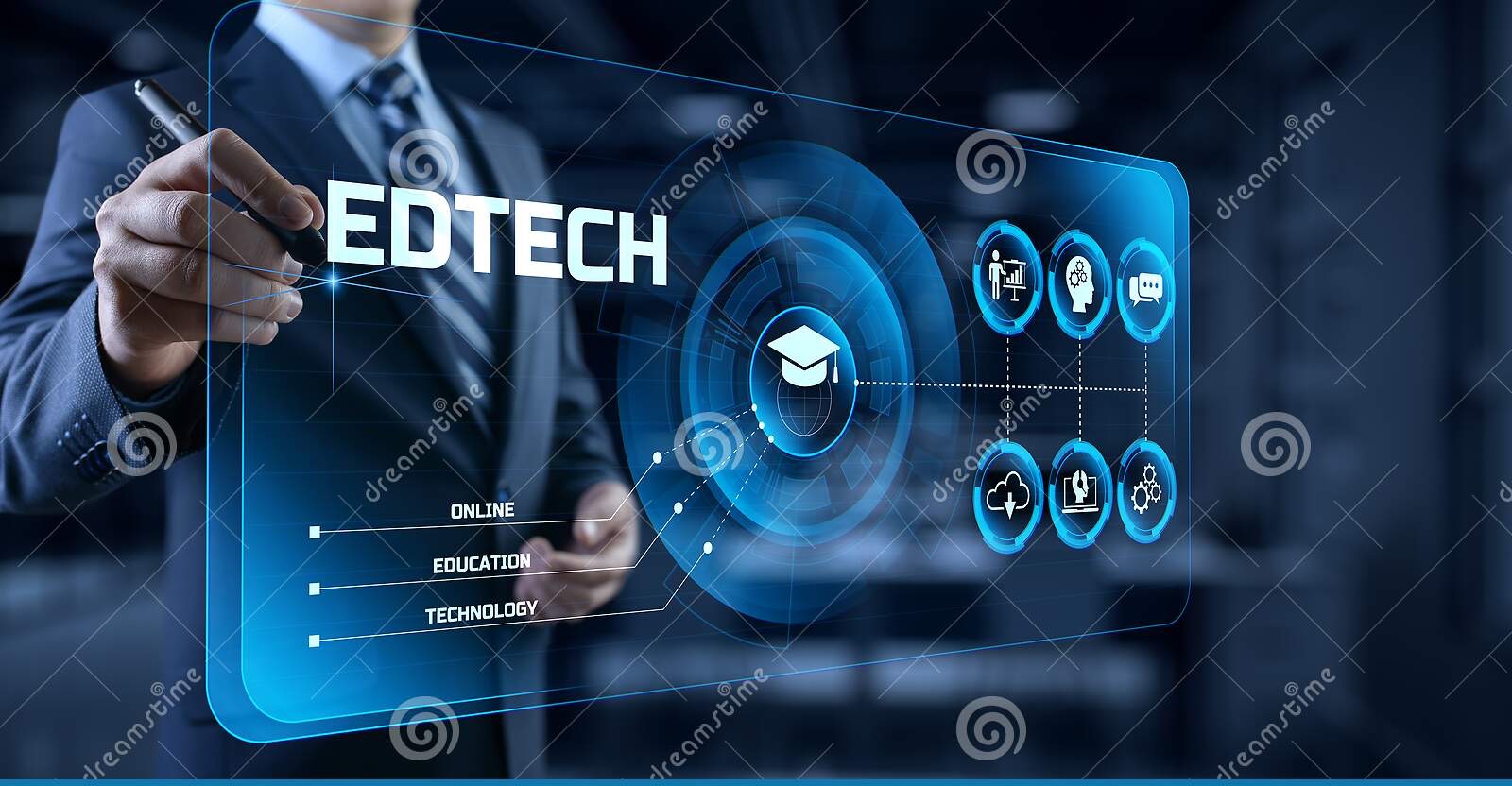
In a rapidly changing world, education is evolving at an unprecedented pace, largely driven by the innovative power of educational technology, or EdTech. These advancements are reshaping the way we learn, teach, and interact with knowledge. Especially in today’s age, where the aftermath of the COVID-19 pandemic has accelerated the shift towards digital learning, EdTech has proven to be more relevant than ever. With remote and online learning becoming the norm, EdTech platforms have not only provided continuity in education but also opened up new avenues for upskilling and reskilling. Learners of all ages are turning to EdTech to acquire the latest skills and knowledge, making it a crucial tool in navigating the challenges of our time. To keep you ahead of the curve, here are EdTech trends shaping the future of learning.
Artificial Intelligence (AI) Personalization
AI-powered personalized learning is a game-changer in education. It tailors coursework to each student’s needs, pace, and learning style. Machine learning algorithms analyze students’ performance and adapt content to provide real-time feedback and customized challenges. This trend ensures every student is included and maximizes their learning potential.
Gamification for Engagement
Gamification adds an element of fun to learning. EdTech platforms are integrating game design principles into their courses. Students earn rewards, complete challenges, and compete with peers while mastering educational content. This trend boosts engagement and motivation, especially among younger learners.
Microlearning and Bite-sized Content
Microlearning involves delivering content in short, digestible chunks. This approach accommodates busy schedules and short attention spans. Whether through mobile apps or web platforms, EdTech is increasingly focusing on delivering concise, focused lessons that can be consumed on the go.
Accessible and Inclusive Learning
EdTech is making education more accessible to diverse learners, including those with disabilities. Tools like speech-to-text and text-to-speech converters closed captioning, and adaptive interfaces ensure that all students have equal access to learning materials.
Virtual Reality (VR) and Augmented Reality (AR) in Education:
VR and AR technologies are transforming the way students experience learning. They enable immersive experiences, from virtual field trips to interactive 3D models, enhancing understanding and retention of complex subjects.
Edtech trends are reshaping the notion of education that we know today, making it more inclusive, diverse, and personalized. Coding Ninjas, Novatr, etc. are some Indian edtech startups embracing these trends. As we open the door to a more engaging, effective, and equitable educational landscape for learners of all ages the future of Edtech looks bright.
Source: PR Agency





